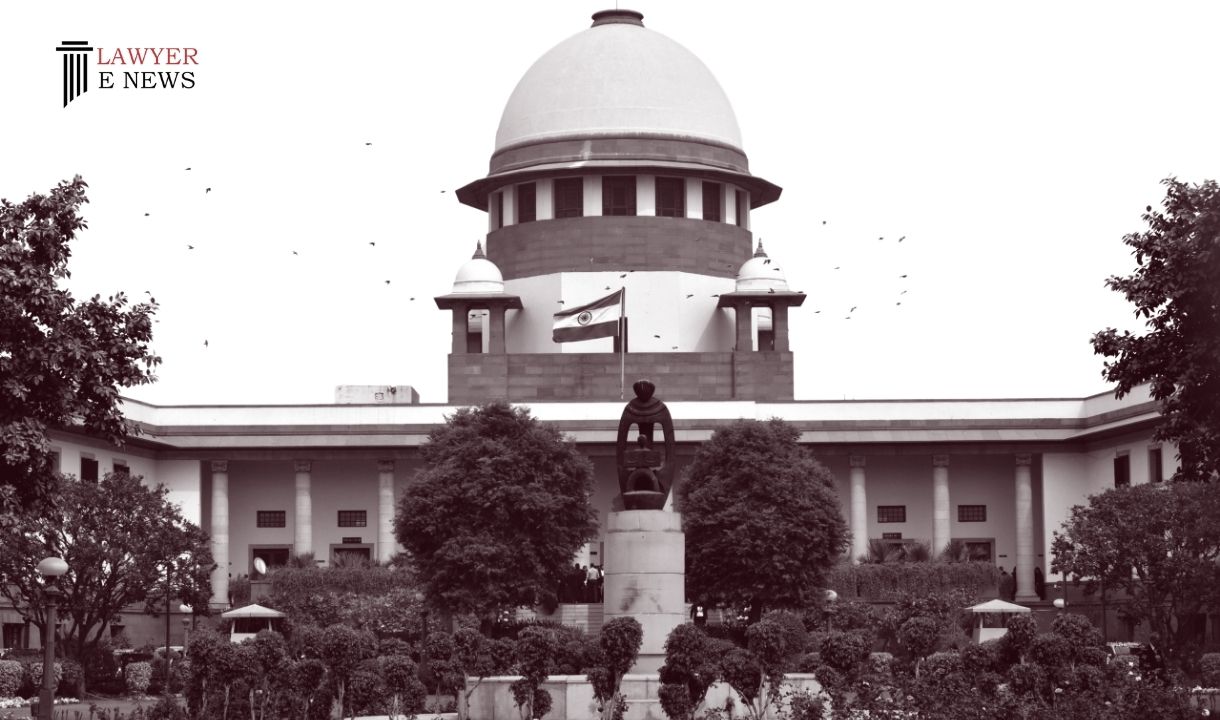-
by Admin
16 February 2026 1:47 PM



The Supreme Court, in a landmark decision, has quashed the FIR No. 141/2010 under Sections 420, 468, 471 read with Section 34 IPC against Mariam Fasihuddin & Anr., noting that "the elementary ingredients of ‘cheating’ and ‘forgery’ are conspicuously missing." The judgment, delivered by a bench comprising Justice Surya Kant and Justice Dipankar Datta, marks a significant moment in distinguishing between marital disputes and criminal charges.
he FIR, lodged at the Adugodi Police Station, Bengaluru, was based on allegations of forging signatures on a minor child’s passport application. The appellants had challenged the dismissal of their Criminal Revision Petition by the High Court of Karnataka.
In its detailed judgment, the Court observed, "In the peculiar facts and circumstances of this case, the Appellant – wife seems to have breached the notion of mutual marital trust... however, it remains a question as to how such an act can be labelled as ‘deceitful’." The Court underscored that no dishonest intent could be made out against the appellants, an essential element for the offences of cheating and forgery.
Addressing the conduct of Respondent No. 2, the Court noted, "Respondent No. 2 is alleged to have abandoned the Appellant – wife and the minor child, even during the period when the Appellant – wife was temporarily residing with him in London." This observation was pivotal in understanding the backdrop of the alleged criminal acts, pointing towards a marital discord rather than a criminal intent.
The judgment also critically evaluated the procedural aspects and the lower courts' approach. "The Trial Magistrate and the High Court unfortunately failed to appreciate that the genesis of the present controversy lies in a marital dispute," the Court remarked, emphasizing the importance of judicial discretion in such matters.
Supreme Court allowed the appeal, setting aside the High Court's judgment and the Trial Magistrate's order. It directed Respondent No. 2 to pay costs of Rs. 1,00,000 to Appellant No. 1, highlighting the undue hardship caused by the initiation of the criminal proceedings.
Date of Decision: 22 January 2024
Mariam Fasihuddin & Anr. VS State by Adugodi Police Station & Anr.
